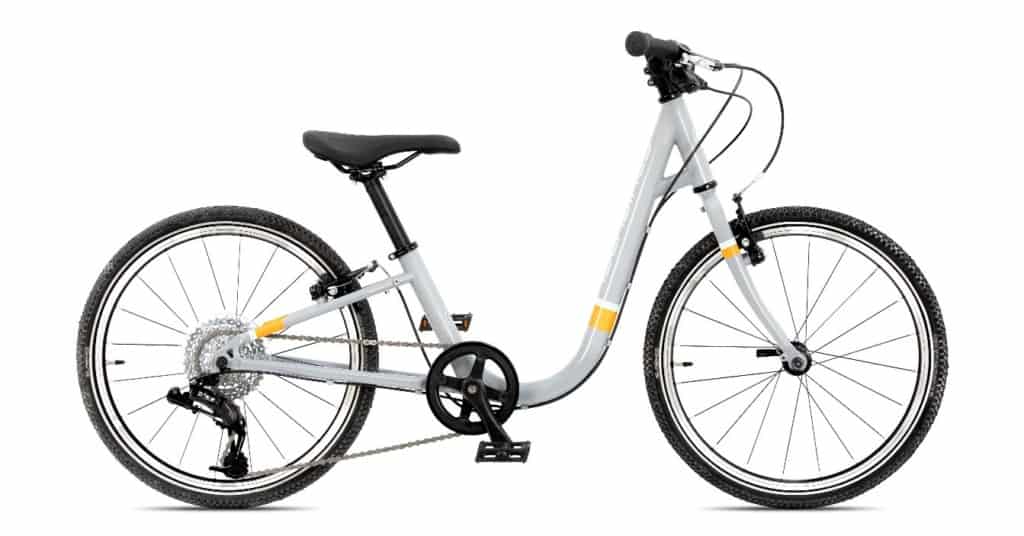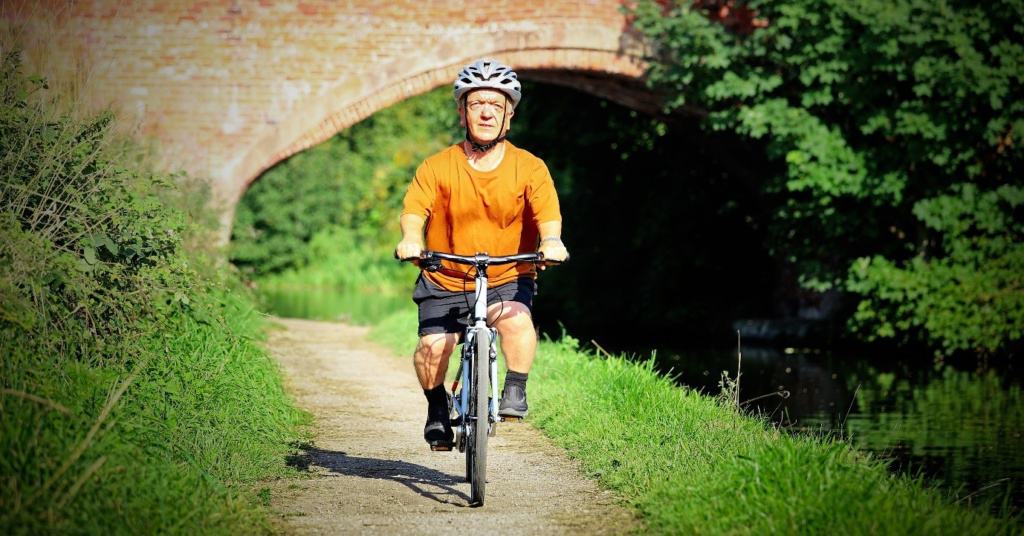A two-wheeled standard bike is the most commonly available cycle, but it can’t meet everybody’s needs – people don’t come as ‘one size fits all’. As a result, cycle designers and manufacturers over the decades have gradually designed a wider range of cycles to match different people’s needs: recumbent cycles to reduce pressure on joints, handcycles for people with limited lower-body mobility, trikes to reduce the need to balance, side-by-side cycles for people who need help with pedaling or steering, or cycles with backrests to give people more support. However, until very recently, there was one group of people who didn’t have an off-the-peg cycle that was designed specifically for their bodies: people with dwarfism.
To be able to ride a cycle safely and easily, we need to have a cycle that fits the particular proportions of our body. If it’s too tall, we can’t get on it or use the pedals easily; if the pedals are too close, our limbs keep getting caught; if the distance between the saddle and the handlebars is too far, we can’t steer properly. For an non-disabled, two-wheel bike rider, you can probably make some small adjustments to the saddle or handlebars to make it fit, but that isn’t possible if the whole bike is the wrong size. Kids’ bikes are also inappropriate for people with Dwarfism: the proportions of someone with Dwarfism are different to an non-disabled child’s proportions, just as an non-disabled child’s proportions can be different from an non-disabled adult.

To fill this gap in cycle design, Islabikes spent over several years working with the Dwarf Sports Association to design and build a cycle that could be fitted for someone with Dwarfism. The cycles are not just a smaller version of an adult bike, but have different proportions throughout, from an extra low step-over to allow easy mounting and an angled seat to support better weight distribution, to short cranks and narrow swept back bars for more comfortable pedalling and control. The cycle also needed to be light enough to use comfortably, but still able to withstand stress on different parts of the cycle.
Precise designs made specifically for non-typical body proportions, or for other Disabled people and their needs is vital if a cycle is going to be as rideable and comfortable as a standard bike is for an non-disabled person. However, because demand for these cycles is significantly lower than for a standard bike, the cost is significantly higher – there isn’t an option to mass produce them and create savings by producing at scale. This means that the Islabikes Joni 20 and Joni 24 are priced at £899.99; other non-standard cycles are often significantly more expensive. The cost of non-standard cycles is a major barrier to more Disabled people being able to cycle, so we desperately need a grant scheme specifically for Disabled people who need financial support to purchase their own cycle.

Despite the high price tag, being able to benefit from a cycle that meets your needs shouldn’t be a luxury: the benefits of cycling significantly improve the quality of life of individuals and their surrounding family and community. Nichola Garde, who help test Islabike’s prototypes explained: “Cycling is a fantastic sport for my physique and personally I’m hoping to increase my fitness levels. As a busy working mum having the space to exercise in the outdoors will also be good for my mental health. Having a bike enables me to exercise on an equal level with my peers and family.” The Islabikes are also more visually appropriate for an adult rider like Nichola: “aesthetically, bikes that are made for my height are suitable for a 7 year old child and often have flowers or are in a colour that appeals to a child but don’t fit my profile of a 42 year old woman.” [1]
Photo credit: Islabikes
References:
https://www.islabikes.co.uk/blogs/innovation/dwarfism-prototypes
https://www.islabikes.co.uk/collections/disproportionate-dwarfism
https://www.dsauk.org/2022/02/dsauk-works-in-partnership-with-islabikes/
[1] https://www.islabikes.co.uk/blogs/innovation/dwarfism-prototypes
